Demystifying Legal Jargon: A Beginner's Guide to Legal Terms in Ukraine
KK
Understanding Common Legal Terms
Navigating the legal landscape can be daunting, especially when faced with unfamiliar jargon. In Ukraine, as in many other countries, understanding legal terms is crucial for anyone engaging with the law. Here, we break down some of the most frequently encountered legal terms to help you gain clarity and confidence.

The term "договір" (contract) is foundational in Ukrainian law. A contract is a legally binding agreement between two or more parties. Whether you're entering into a lease, employment, or service agreement, recognizing the key elements of a contract—such as offer, acceptance, and consideration—is essential.
Legal Entities and Their Role
Another important term is "юридична особа" (legal entity). This refers to an organization that has legal rights and obligations. In Ukraine, legal entities can take various forms, such as limited liability companies or joint-stock companies. Understanding the different types of legal entities is crucial for anyone involved in business ventures.
The concept of a "фізична особа" (natural person) is equally significant. A natural person refers to an individual human being with legal rights and responsibilities. Differentiating between a legal entity and a natural person is vital when interpreting legal documents or regulations.

Property and Ownership
In Ukrainian law, "власність" (ownership) defines the rights associated with possessing and using property. Ownership can apply to both tangible assets, like real estate, and intangible ones, such as intellectual property. Knowing your rights as an owner helps ensure you can effectively manage your assets.
The term "недвижимость" (real estate) specifically refers to land and any structures on it. Real estate transactions are common, and understanding related terms like "застава" (mortgage) or "оренда" (lease) can make a significant difference in these dealings.
Legal Proceedings Simplified
Legal proceedings often involve complex processes. The term "суд" (court) represents the judicial body responsible for resolving disputes and administering justice. Familiarity with court-related terms can demystify the litigation process.

When engaging in legal proceedings, you might encounter the term "позов" (lawsuit). This represents a legal action initiated by one party against another. Understanding the steps involved in filing a lawsuit—from drafting a complaint to attending hearings—can help you navigate this process more effectively.
Conclusion
Demystifying legal jargon is an essential step for anyone looking to engage with the Ukrainian legal system with confidence. By familiarizing yourself with common terms such as contracts, legal entities, and ownership rights, you can better understand and protect your interests. As you continue to explore the world of law, remember that knowledge is power, and being informed is your best tool for navigating legal complexities.
